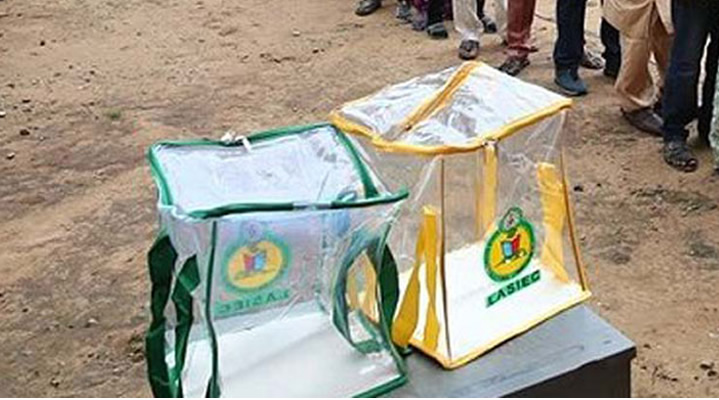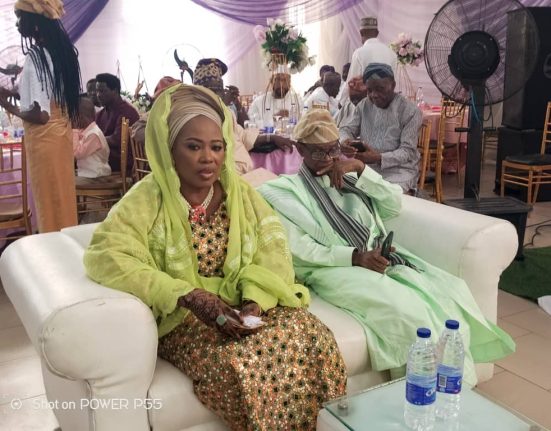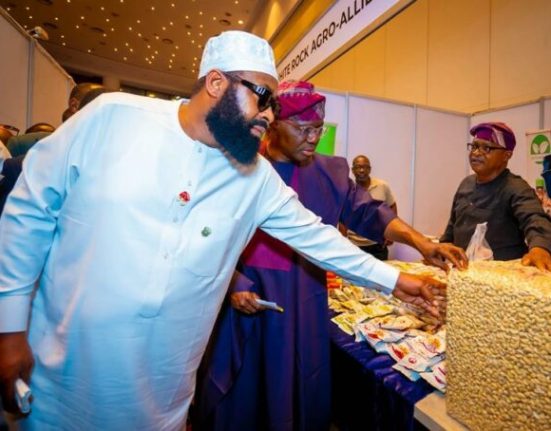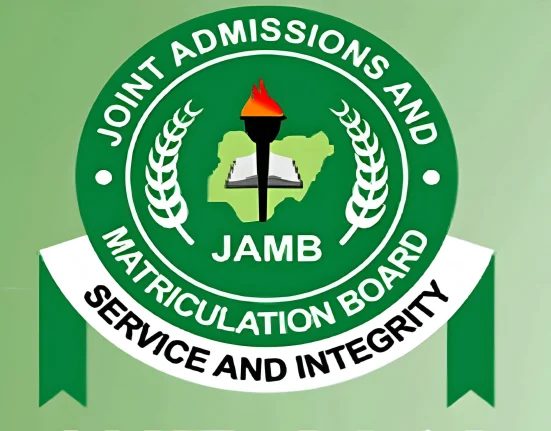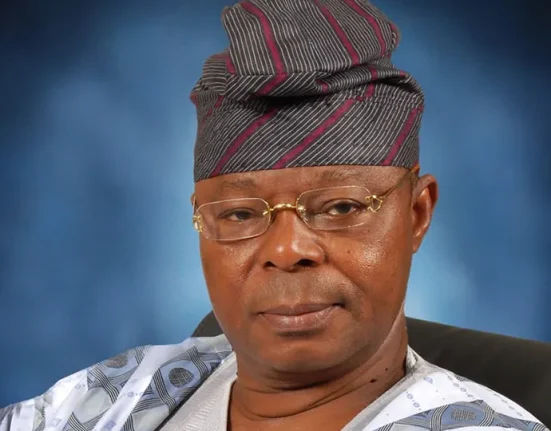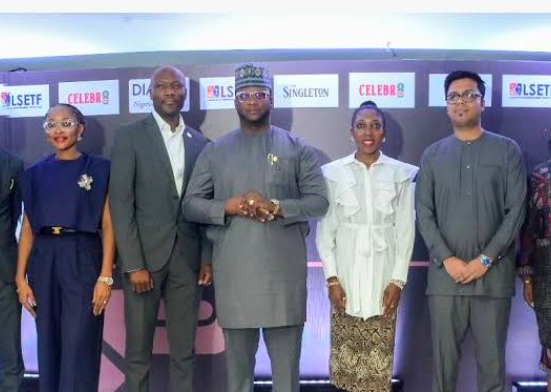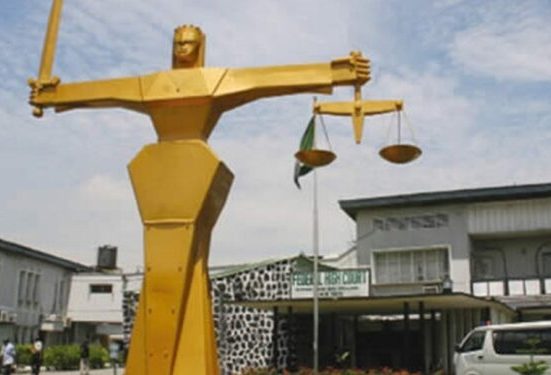Lagos, Nigeria – The stage is set for what could become a defining moment in grassroots governance as over seven million registered voters across Lagos State prepare to participate in the upcoming local government elections scheduled for Saturday, July 12.
While often overshadowed by presidential and gubernatorial contests, local government elections remain the most immediate and impactful expression of democracy. In 2021, only 11 percent of Lagos’s over 6.5 million registered voters turned out to vote in the local polls. But this year, authorities and civil society are calling on citizens to reverse the tide of apathy and reclaim their power at the most fundamental level of governance.
Under the supervision of the Lagos State Independent Electoral Commission, voters will elect chairpersons and councillors across the state’s 20 local government areas and 37 local council development areas. These elected officials are responsible for driving real-time community development, delivering basic services, and responding directly to the needs of the people they serve.
In preparation for this critical exercise, LASIEC has introduced several reforms aimed at improving access, transparency, and trust in the electoral process. The number of polling units across the state has been increased to 13,325, spread over 376 electoral wards, making it easier for voters to cast their ballots with dignity and convenience.
The Bimodal Voter Accreditation System will be deployed to verify voters’ identities through fingerprint or facial recognition, a move expected to reduce electoral malpractice and streamline the voting process. Results will be transmitted electronically from polling units using secure digital portals, offering real-time transparency and minimizing human interference.
Voters are also assured of inclusive participation as special arrangements have been made to prioritise voting access for the elderly, pregnant women, and persons with disabilities. Trained voter assistants will be on hand to support them through the process, a gesture that reflects growing efforts to make inclusion a practical reality.
Security has also been prioritised ahead of the exercise. In collaboration with security agencies, the Lagos State government has developed a robust security architecture, deploying patrol units, surveillance teams, and rapid-response squads across strategic locations to ensure peace and order throughout the election period.
Eligible voters are reminded to locate their polling units ahead of time and arrive early on election day. Upon arrival, electoral officials will guide them through the accreditation process using the BVAS device. Once accredited, voters will receive two ballot papers — one for chairmanship and another for councillorship. They will then proceed to a private voting cubicle to thumbprint their preferred candidates and drop the ballots in the transparent box provided.
Officials are expected to maintain neutrality and professionalism, while voters are encouraged to participate peacefully and respect the rights of others regardless of party affiliation.
Since the return to democratic rule in 1999, Lagos has been widely recognised as a benchmark for credible elections in Nigeria. The 2021 polls were commended for being largely peaceful, and with the introduction of new systems and technology, this year’s exercise is projected to raise the standard even higher.
Nineteen political parties have fielded candidates across the state, offering Lagosians a wide range of choices as they head to the polls. The emphasis is not only on how many names appear on the ballot but how many hands actually reach for it.
This election is more than a democratic ritual. It is a defining opportunity for Lagosians to shape the priorities, ethics, and direction of local governance. With local government autonomy now enshrined in the constitution, elected councils are expected to deliver not just on promises, but on real developmental outcomes that affect daily life — from refuse collection to local road rehabilitation, primary education to healthcare delivery.
Political thinkers have long warned of the dangers of indifference. As Jean-Jacques Rousseau once said, “As soon as any man says of the affairs of the state, ‘What does it matter to me?’ the state may be given up for lost.” The fate of Lagos’s communities now lies in the hands of voters.
From Agege to Lekki, from Ikorodu to Epe and Badagry, the call is clear. Lagosians must rise above apathy and take ownership of their future. July 12 presents a historic opportunity to elect local leaders who will truly reflect the will and aspirations of the people.
Democracy thrives not in silence, but in the deliberate act of participation. As ballot papers are unsealed across the 57 councils, it is the collective voice of the people that will echo loudest. The journey toward a more inclusive, responsive, and accountable system begins at the polling unit.
Let it be said that in 2024, Lagosians stood tall and showed that power truly belongs to the people.

